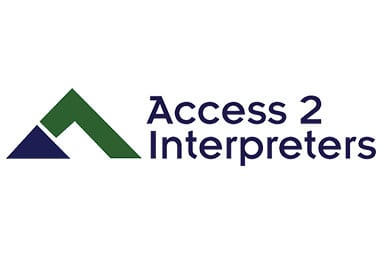A Social Media Translation Challenge
Social media platforms such as Twitter, Facebook, and Instagram are being shared with other parts of the world and in many languages. In a court of law a new aspect arises in the interpretation and translation world. Recently as social media becomes more prominent in our daily lives, text and social media messages become present, especially court rooms. A new challenge emerges in the courtroom with media messages including abbreviated text, rapid-fire exchanges, and personal messages.

Media presented as evidence in a court of law from cell phones, Facebook, Twitter and other forms of social media put great difficulty on the interpreter. According to Jennifer De La Cruz of NAJIT (National Association of Judiciary Interpreters and Translators), in less formal hearings where parties appear without representation, the offending Facebook post or text message is often brought up last minute on somebody’s cellphone.
“I’m then expected to quickly understand the abbreviations, undertones, and context since informal hearings are often about immediate issues of safety and potential loss of freedoms.” – Jennifer De La Cruz, NAJIT
During most courtroom cases, interpreters have the option of asking for a break or short recess, to have time to interpret and translate the text. Requests like these are usually for the occasional long documents or document formality but recently, interpreting short text and social media messages are now being compared at the same level of difficulty.
“Short series of messages interspersed with sarcasm, insults, disguised threats, and the lot, often reach far beyond our ability to meet the perceived expectation to quickly begin sight translating.” – Jennifer De La Cruz, NAJIT
A new trend has emerged in the interpretation and translation world, where interpreters/translators now have to understand slang, gibberish and other forms of mass media in short text. With the advent of globalization, today’s enterprises conduct business in many different languages. Whether participating in an international conference call, translating a product user manual or employee training guide, or communicating with a client or patient, most organizations will at some point require the services of a professional interpreter and/or translator. Access 2 Interpreters is proud to be an Ohio interpretation and translation company offering Columbus interpretation and Columbus translation services.


